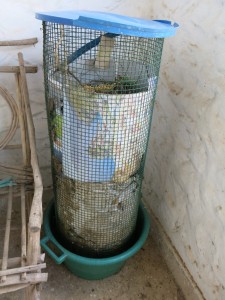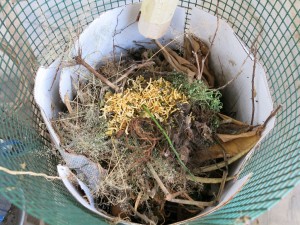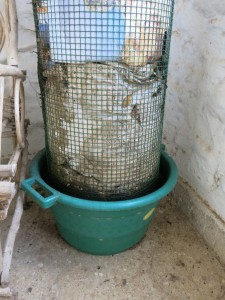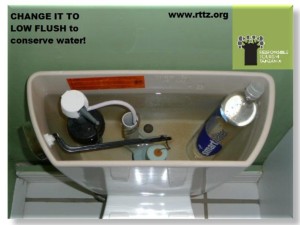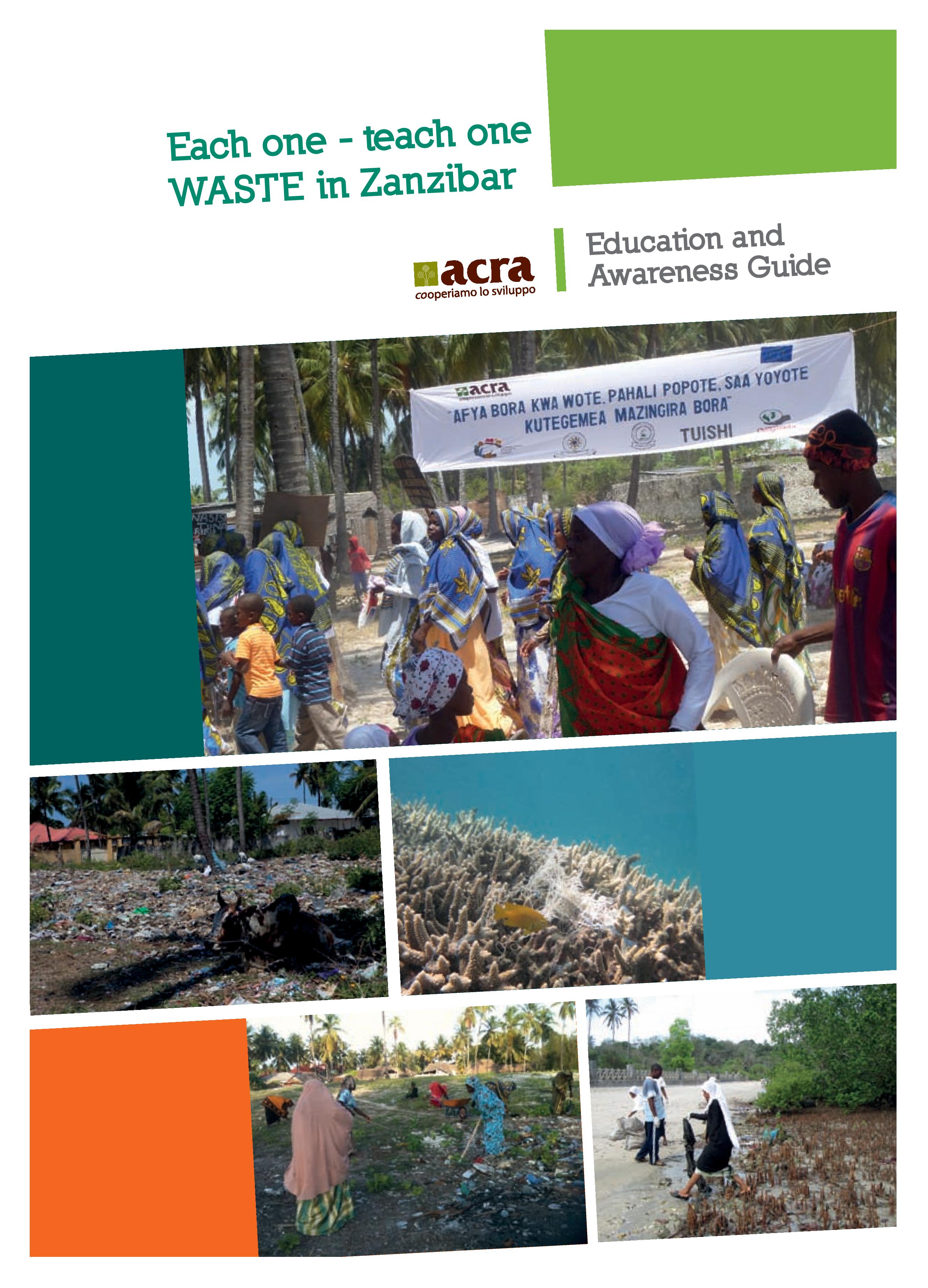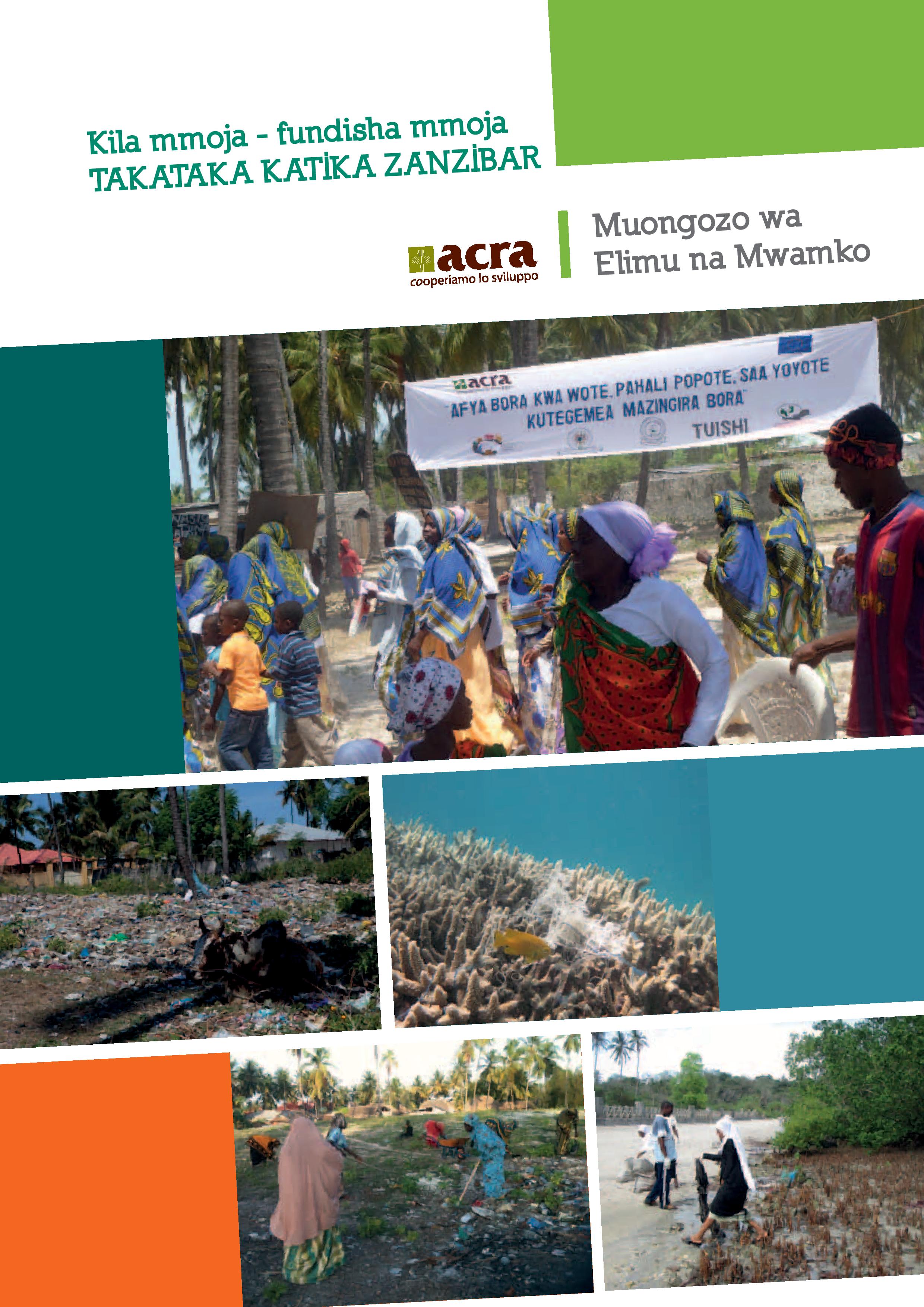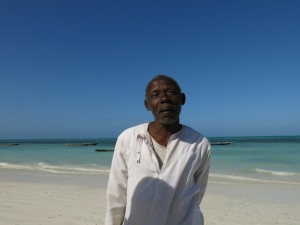
When this Zanzibar fisherman started building a boat from plastic bottles, his neighbours thought he was mad.
But now, Babu Makame is the one laughing, as the boat he built from plastic bottles lets him go fishing whatever the weather, leaving his neighbours watching wistfully from the shore whenever the sea is too rough for their traditional boats.
The fishing village of Jambiani is a picture-perfect paradise on the quiet East coast of Zanzibar. A palm-fringed, white sand beach overlooks an azure lagoon to the fringing coral reef, which teems with marine life.
The reef and lagoon provide the sole livelihood for most families, who fish in the lagoon and on the reef from traditional wooden dugout canoes.
However, when the trade winds of the western Indian Ocean blow too strongly, the waves breaking on the reef can make it too rough for the small boats to sail out of the protected lagoon to the reef itself, where the biggest and most profitable fish are found. Zanzibar’s traditional canoes are heavy to paddle, and at risk of capsizing in heavy seas.
As local fisher Makame Ali grew older, he worried he would no longer be strong enough to paddle his heavy canoe. Concerned about supporting his large family, he looked around him for a way to make a lighter boat, and came up with the idea of using plastic bottles.
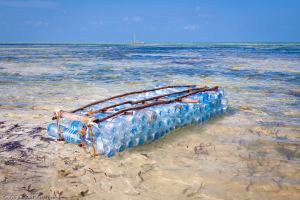
His bemused neighbours thought he was losing his mind along with his strength. They told him it would never work, and when his first bottleboat came off its mooring in a storm and was lost, they expected him to give up. But Makame was undeterred, and simply went back to the workshop to build a better model.
While the first boat was built exclusively from plastic bottles, he has refined the design into a sophisticated sit-on-top kayak. The backbone is an old windsurf board, with plastic bottles for buoyancy, and electric conduit to make it stronger and more hydrodynamic. The blades of his paddles are carved from a plastic yellow jerrycan and lashed to a pole, and another adapted jerrycan behind the seat serves as a keep box.
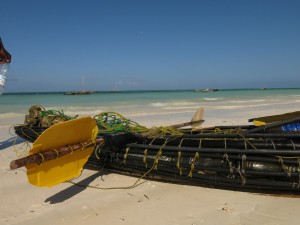
Makame now earns his living from Bottleboat III.
Makame can paddle his homemade, recycled canoe quickly through the surf where others dare not go, for fear of their small canoes taking on water faster than they can bail it out.
The open design of Bottleboat III means water continually flows through the keep box, keeping his catch alive and healthy, so he can keep fishing all day while other boats must bring their fish back to shore. His boat is so lightweight, buoyant, and easy to paddle, that he is still proudly supporting his family, while his contemporaries have had to retire.
Not only is Bottleboat III lighter, more efficient and more resilient than traditional boats, with wood prices rising, Makame’s recycled kayak is cheaper to build.
Although many in the community are still wary of the unconventional watercraft, local Jambiani environmental ambassador Okala and his colleagues are proud.
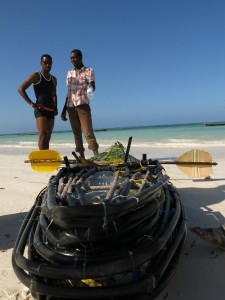
‘Some local people see he thinks differently, and think that means he’s not clever. But they don’t realise that he is cleverer than any of them. Some people are afraid of his boat and reluctant to try something new. But he doesn’t care what they think. On stormy days, he is the one outside the reef, fishing, while they are stuck on shore. We think he is very smart, and hope he can set an example of sustainability.’
Makame now plans to expand his business by building more bottleboats so that he can take tourists on snorkelling tours making it a completely emission-free boat excursion.
‘I know where to find the big octopus,’
he said.
‘I think tourists would like to come and see that – in a boat made from bottles!’
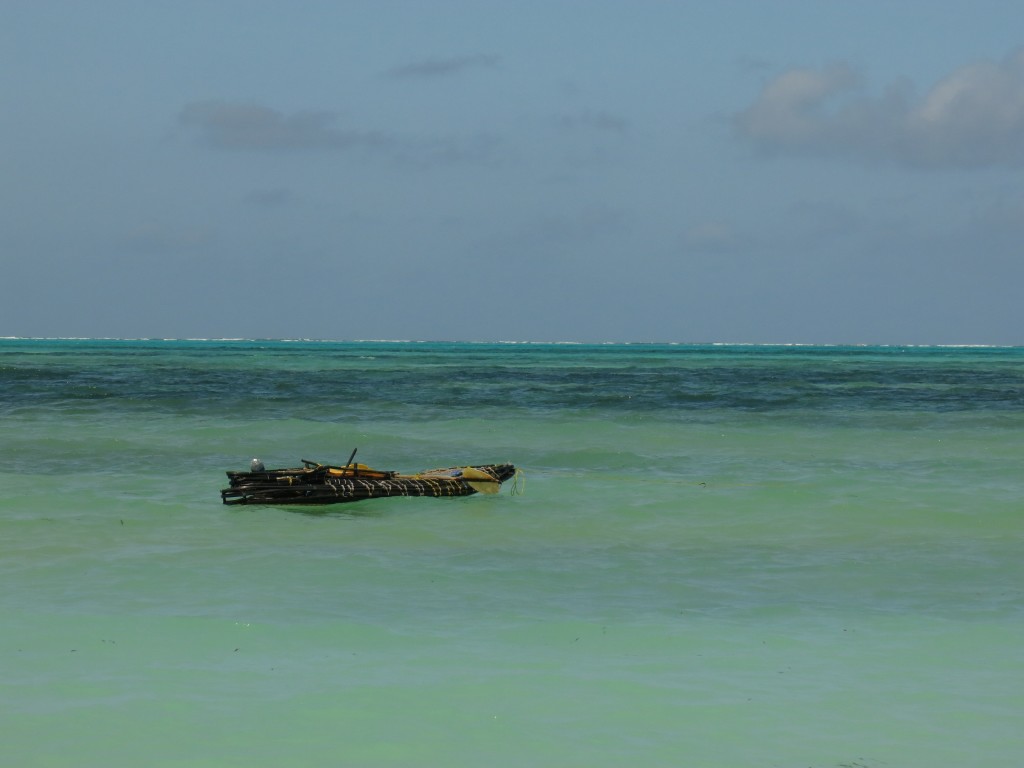


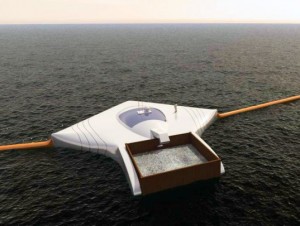 To solve this problem will require significant action, and an accordingly ambitious idea was conceived by
To solve this problem will require significant action, and an accordingly ambitious idea was conceived by 
